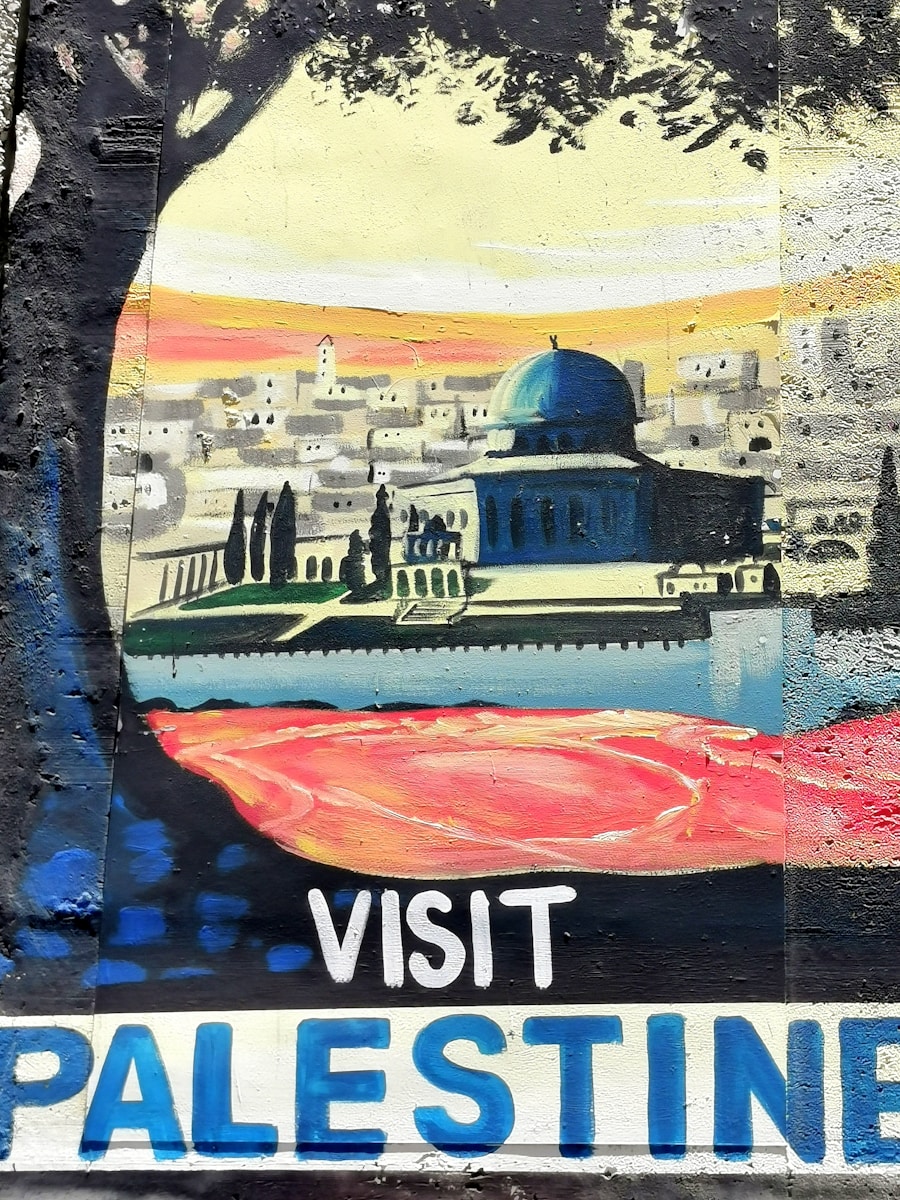Palestine visa ban: Shocking Moves Rock Diplomacy
In 2025, the US took a decisive and controversial step by revoking visas for Palestinian officials ahead of the UN General Assembly. This Palestine visa ban sent shock waves through international diplomacy, affecting negotiations and regional political dynamics. For anyone following Middle East developments, understanding the full scope of this move is crucial.
US Targets Palestinian Leadership
The decision directly impacts members of the Palestine Liberation Organization and the Palestinian Authority, including President Mahmoud Abbas. By denying entry, the US signals a tough stance on policies it considers counterproductive to peace efforts. This move not only challenges the Palestinian leadership but also reshapes diplomatic expectations in New York and beyond.
National Security Justification
The State Department explained that the Palestine visa ban is rooted in national security concerns. Officials cited the use of international courts, including the ICC and ICJ, as leverage points in disputes. By linking visas to policy compliance, the US aims to enforce accountability while sending a broader message to other nations about the consequences of actions it deems destabilizing.
Immediate Diplomatic Reactions
The ban drew swift responses from the European Union, France, and the Arab League, all urging Washington to reconsider. Critics argue that restricting access to UN meetings conflicts with international agreements protecting diplomatic representation. The Palestine visa ban thus not only affects individuals but also triggers complex legal and political debates on global platforms.
Impact on UN Negotiations
The Palestine visa ban complicates preparations for the UN General Assembly, where Palestinian representatives were expected to present key agendas. With senior officials barred, discussions on peace initiatives, funding, and regional cooperation are now under heightened scrutiny. For readers seeking context, learn more about UN General Assembly processes.
Global Media Coverage and Public Response
Media outlets worldwide have highlighted the tension this Palestine visa ban creates. From news channels to opinion columns, the decision dominates headlines, stirring debate on international law, diplomacy, and accountability. Public reactions range from concern over stability to praise for assertive policy enforcement, showing the broad spectrum of global engagement.
Political Messaging and Strategic Signaling
The US government clearly intended the Palestine visa ban as a message to both domestic and international audiences. It demonstrates that actions perceived as undermining negotiated peace may have direct consequences. For those interested in practical diplomatic strategy, explore our diplomacy strategy guide to see how similar policy moves influence global relations.
Legal Implications of the Visa Ban
The Palestine visa ban raises significant legal questions regarding international diplomatic norms. Experts debate whether denying visas to UN participants violates the UN Headquarters Agreement, which guarantees access to meetings for foreign representatives. This creates a complex scenario where law, politics, and diplomacy intersect.
Regional Political Ramifications
The ban reverberates across the Middle East, influencing relationships between Israel, Palestine, and neighboring countries. Analysts suggest that this Palestine visa ban could alter alliances, affect negotiation stances, and shift power balances. Understanding these dynamics is crucial for policymakers and observers of the region.
International Commentary and Reports
Major global outlets have covered the ban extensively, highlighting its impact on peace prospects. According to BBC News, this move marks a rare instance where visa restrictions directly affect high-level UN diplomacy, setting a precedent that could influence future international relations.
Responses from Palestinian Officials
Palestinian leaders condemned the Palestine visa ban, calling for Washington to reverse its decision. President Mahmoud Abbas and his team emphasized that the move undermines diplomatic engagement and global peace efforts. For further insights on Palestinian diplomatic strategies, see our Palestinian diplomacy guide.
International Support and Criticism
The ban drew criticism from the European Union, France, and the Arab League, who argue it violates international diplomatic norms. Conversely, some global analysts support the US stance as a strong political message. Coverage by CNN highlights the international debate and the polarizing responses to this policy.
Implications for Peace Talks
This Palestine visa ban has the potential to shift negotiations dramatically. With key Palestinian representatives absent from the UN, talks over settlements, funding, and regional cooperation face new challenges. Observers predict that this disruption may redefine timelines and strategies for future peace initiatives.
Looking Ahead: Diplomacy in 2025
As the world watches, the Palestine visa ban underscores the complexities of modern diplomacy. It highlights how policy, law, and political strategy intertwine, influencing regional stability and international relations. Staying informed about these developments ensures a clearer understanding of the evolving geopolitical landscape.
Conclusion: The Palestine visa ban represents a pivotal moment in international diplomacy, reshaping negotiations, triggering global reactions, and setting a precedent for how political actions can directly impact UN engagement. Understanding these updates is key for anyone following Middle East politics and global peace efforts.



